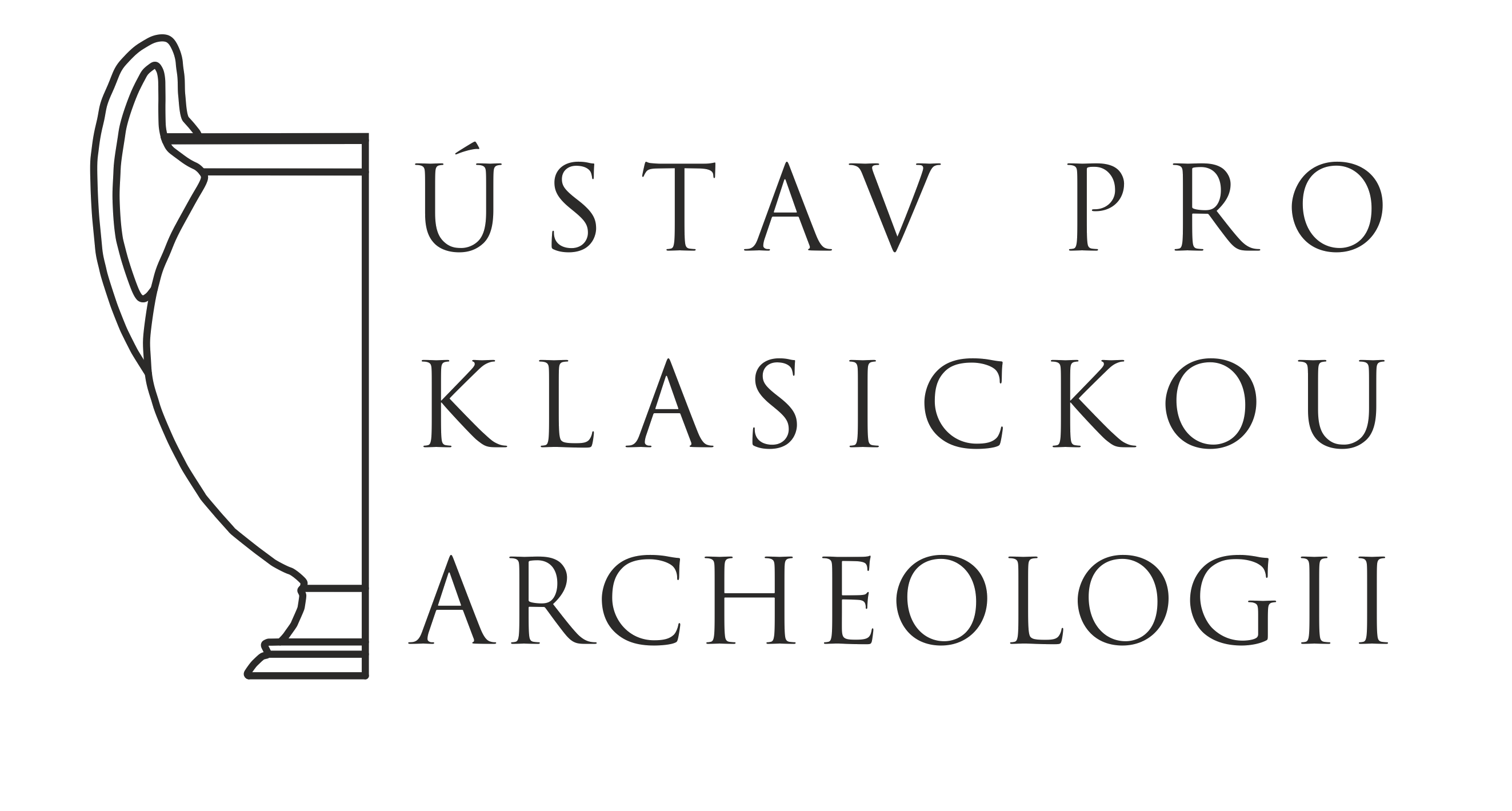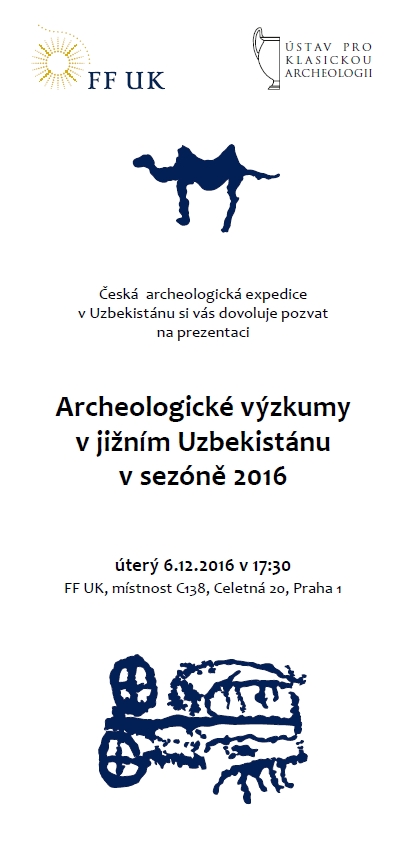...
Hellenistic Central Asia: Current Research, New Directions
Inaugural Colloquium of the Hellenistic Central Asia Research Network
(HCARN)
Department of Classics, University of Reading (UK)
15-17 April 2016
PROGRAMME
Friday 15 April
All conference sessions will be held in Lecture Room G 15, Henley Business School, University of
Reading Whiteknights Campus.
12:00 Registration and coffee
13:00 Welcome and Opening Remarks (Rachel Mairs, University of Reading)
Panel 1: Archaeological Fieldwork
13:30 Settlement pattern in Bactria from the early Iron Age to the Hellenistic period: The example
of the Sherabad Oasis and its surroundings (Ladislav Stančo, Charles University, Prague)
14:00 Archaeology, Money, and Politics: Six months at Mes Aynak (David Fallon, University
College London)
14:30 Ceramics of the Parthian Homeland: new data about the ceramic production of the early
Arsacid period from the Italian excavations in Old Nisa (Turkmenistan) (Jacopo Bruno,
Università degli Studi di Torino)
15:00 Indo-Greek Evidence from the Historic Urban Site of Barikot (Luca M. Olivieri and Elisa
Iori, Italian Archaeological Mission in Pakistan / Bologna – in absentia)
15:30 Coffee
Round Table Discussion (1)
16:00 Hellenistic pottery: The role and potential of ceramics in the research on Hellenistic Central
Asia (Convenor: Gabriele Puschnigg, University College London)
17:00 Reception and tour of the Ure Museum of Greek Archaeology
Saturday 16 April
Panel 2: Numismatic Methodologies
10:00 Graeco-Bactrian and Indo-Greek numismatics: Methodologies, new research and limits
(Olivier Bordeaux, Paris-Sorbonne)
10:30 A new approach to Graeco-Bactrian coins (Simon Glenn, University of Oxford)
11:00 Wife, not mother? The Indo-Greek queen Agathokleia (Gunnar Dumke, Halle-Wittenberg)
11:30 Coffee
Panel 3: Conceptualising Cultural Interaction
11:45 “Think Global, Act Local”? Cultural strategies in Hellenistic Central Asia (Milinda Hoo,
Universität Kiel)
12:15 The Personification of Abstract Concepts in ‘Buddha’s Great Departure’: The impact of
Hellenistic art on Gandhāran art (Ilaria Fani, Paris-Sorbonne)
12:45 The Role of Hellenistic Central Asia in the spread of the name of China (Qin, Čina, Θῖν)
towards the West and the South (Gościwit Malinowski, University of Wrocław)
13:15 Lunch
Panel 4: Iconography and Identity
14:15 The Indo-Parthians at Begram? Some overlooked evidence (Lauren Morris, Ludwig-
Maximilians-Universität München)
14:45 Roses at Tillya-tepe, a case study in plant iconography (Sara Peterson, SOAS, University of
London)
15:15 Khalchayan: Mode and reconstructions of the battle scene (Patryk Skupniewicz, UPH
Siedlce)
15:45 An elephant-rider potsherd of the Kushan king Huvishka (Ulf Jäger, Independent
Researcher)
16:15 Coffee
Round Table Discussion (2)
16:45 Publishing and disseminating research on Hellenistic Central Asia: Current trends and future
strategies (Convenor: Rachel Mairs, University of Reading)
17:45 Reception and dinner
Sunday 17 April
Panel 5: Kings and Coins
10:00 Dating Bactria independence to 246/5 BC? (Jens Jakobsson, Independent Researcher)
10:30 Sophytes: Reappraisal of an enigmatic ruler and the Sophytes coins (Sushma Jansari, British
Museum)
11:00 “Power Policy Numismatics”: Measuring Graeco-Bactrian Political Power through Royal
Coins (Frances A. M. Joseph, University of Houston)
11:30 Coffee
11:45 Stasanor of Soloi and the government of Bactria during the first wars of the Diadochs (Marc
Mendoza, Universitat Autònoma de Barcelona)
12:15 The Arsakids between the Seleucids and the Achaemenids (Supratik Baralay, University of
Oxford)
Panel 6: Greeks and Indians
12:45 The Yavanas among the peoples of Central Asia (Olga Kubica, University of Wrocław)
13:15 Hellenistic Residential Architecture in Taxila (Stefanos Karampekos, University of
Marburg)
13:45 Lunch discussion: How best to take the Hellenistic Central Asia Research Network forward?
(Convenor: Rachel Mairs, University of Reading)
14:45 End of colloquium.
All enquiries should be addressed to Dr. Rachel Mairs (r.mairs@reading.ac.uk). Registration is
free and open to all.
- Pro psaní komentářů se přihlašte




